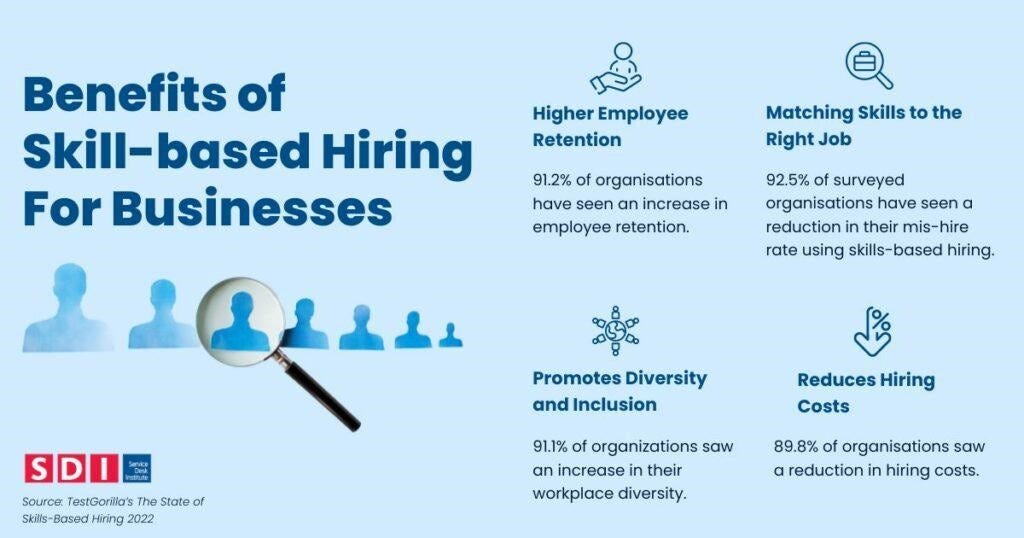I’ve always looked for the great qualities in any work candidate I interviewed or coached. We all have them. But there are times when it’s clear that someone cannot do a job. We all have handicaps; I know that word is considered toxic, but there it is. Not a one of us could do every job the world offers. I love to sing, but my voice is only marginally good enough for a rock band. While a blind person might be extremely smart, they cannot become a doctor or an airline captain. There are too many hurdles that they couldn’t master. When I was growing up, I did know a blind man who made it through law school—a difficult task without even Braille law books. But he would say he needed someone else to watch body language; he wasn’t able to do that.
DEI and the Secret Service
After the near-fatal shooting of Donald Trump, you would think that the Secret Service (USSS) should be going back to re-vet their agents. We all want the best shots, the most situationally-aware and the fittest people for that job. And yet, as Judicial Watch revealed after studying 311 pages of U.S. Secret Service records, the agency has made a top priority that “diversity and inclusion is not just talked about, but demonstrated by all employees through “Every Action, Every Day.” On the surface, this sounds fine.
However, they now require that 12% of its workforce be composed of “persons with disabilities,” and that they offer equal employment opportunity without regard to such non-merit factors as disability, physical or mental. Judicial Watch only got these records in a FOIA lawsuit after an agent protecting Harris got into a fight with colleagues. The agent was armed. After this incident, the question was raised as to how well they screened the agent. We’ve heard other stories of rogue agents, who may identify as having a “disability” such as anger management or other psychological problems.
The newly revealed documents talk about “focusing special attention on groups that are not represented or have less than expected participation rates in specific occupational categories or grade levels within the agency’s workforce.” They have six areas of emphasis: Federal Women, Hispanic Employment, African-American, Asian/Pacific Islander, Persons with Disabilities/Disabled Veterans, American Indian/Alaskan Native.
The USSS Mission
Although they have a lot of work with banking fraud and other areas, a core part of the job is protection and law enforcement. Many of their agents are armed. With all the talk about gun control, should someone suffering from a psychological ailment that may cause their judgment to be impaired be carrying a gun issued by the government? Would they hire sociopaths, people represented at a lot higher rate in the population than most of us imagine. A schizophrenic? Are their goals interfering with getting the best and the brightest, by ignoring merit and focusing on physical and psychological “attributes” or issues?
Life Isn’t Fair
Everyone doesn’t necessarily get to be what they want to be when they grow up. Look at Hollywood. How many talented people never make it there, regardless of their DEI status? Professional sports is very lucrative, but if you can’t make it in the majors, you’re not getting to the top. Merit-based hiring works to make companies (and teams) more successful.
But here’s something that most don’t consider. This kind of hiring has an impact on the individual that has benefited from DEI and who wouldn’t have been hired based on their abilities. When you are able to find a job that brings out the best in you, based on innate abilities and talents, you will thrive. Your success will be boundless. I coach people on this. Unless desperate, don’t take a job you know you can only be mediocre at. Many people who struggle with handicaps have gifts that make them super-stars at certain jobs, but when you put them in a position where their handicap is the cause of their hiring, not their abilities, you set them up to fail.
Talk to anyone who loves what they do. The first thing you’ll notice is that this is something that challenges them, but also plays on their abilities. They know they can do their job better than others and they relish their success. Instead, I’ve seen people reorged into a job they don’t match up with. Often, they’re the next ones laid off.
We need the best and brightest protecting our country’s leaders. We need them not only to have great skills in firearms, but also the ability to work closely and in harmony with local law enforcement, situational awareness beyond what most of us have and strong people skills. It’s a tough job. While the USSS may mean that they will hire people with handicaps for desk jobs, they don’t say that. And clearly, what happened at Trump’s rally showed a lot of issues with Service.
Let’s be fair to everyone and offer them positions they can shine at. Everyone wins that way!




